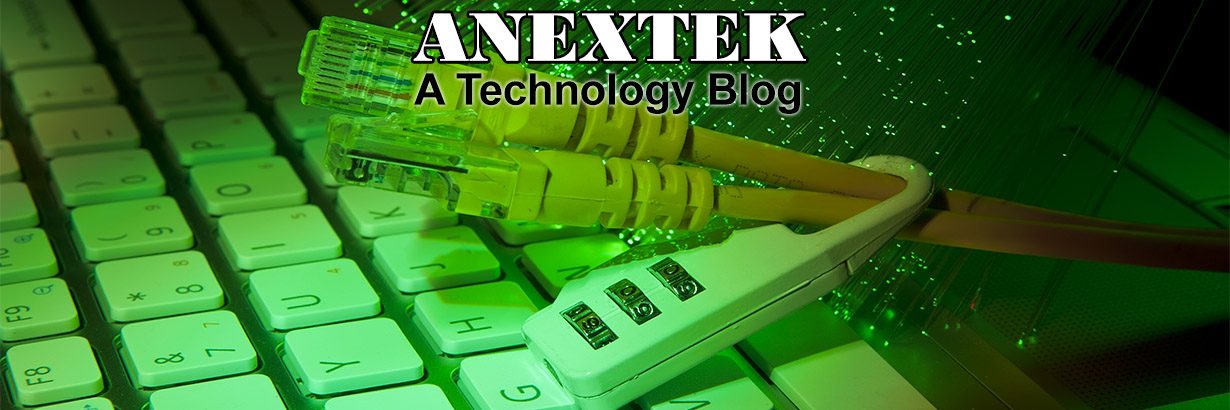Providing reliable location and time information in the Earth through global navigation satellite is what global positioning system (GPS) is all about. Using a GPS receiver, anyone can access information from the GPS anytime of the day. A tracking GPS on the other hand is a device unit that uses GPS in determining exact location of a person, or a vehicle, or any asset. The device needs to be attached to an asset to accurately record real time and location. With its tracking capacity, data can be stored in the device for later analysis or can be transmitted to a database, or an internet-connected computer, using a satellite, cellphone or radio modem entrenched in the unit to display the asset real time on a map background.
The 9/11 catastrophe has motivated many people around the world to use cell phone gps tracking to locate loved ones during emergencies. After that event, many cell phone manufacturers have started integrating gps technology to every cell phone handset, extending the scope of communication up to the level of providing means for security. Owning a cell phone with GPS capacity is a smart idea.
On the business side, using fleet gps tracking is beneficial to fleet owners. With its capacity to provide precise mapping, fleet vehicles can be tracked down anytime, anywhere. It can also provide minute-by-minute updates on the location of the vehicles including their usage and status. With these, discrepancies in tracking report will be avoided and monitoring and communications expenses will also be reduced.
